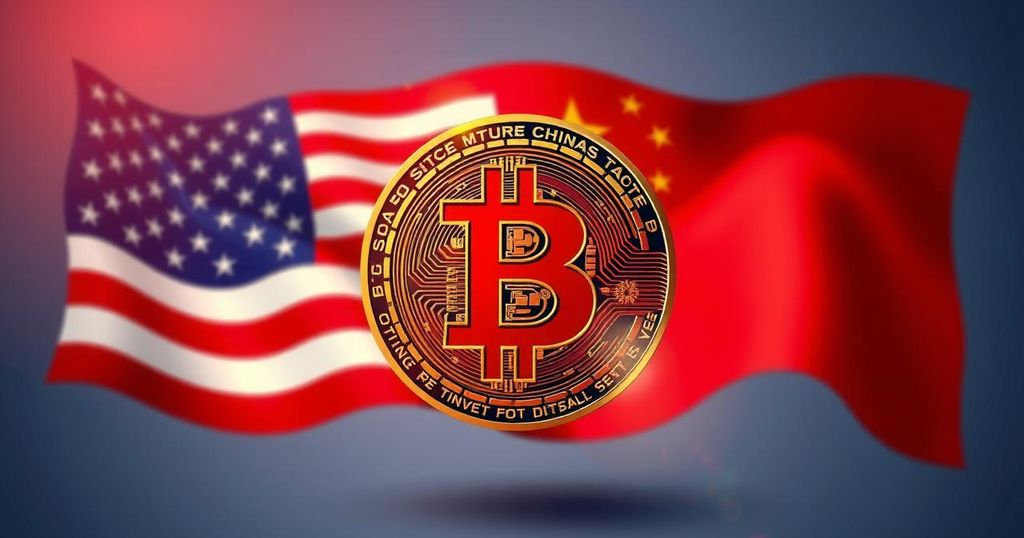Bitcoin Emerges as Geopolitical Tool in US-China Rivalry
The Trump administration is linking bitcoin to the US-China rivalry, as Vice President JD Vance calls for Americans to buy and hold the cryptocurrency. He claims bitcoin will be crucial for US strategy over the next decade, marking a shift in how digital assets are viewed in geopolitics.
In a significant shift, the Trump administration is positioning bitcoin as a key player in the ongoing US-China rivalry. It seems Bitcoin’s image as just a decentralized digital currency is evolving. During the Bitcoin Conference held in Las Vegas on Wednesday, U.S. Vice President JD Vance asserted that the cryptocurrency should be seen as a tool for Americans to outpace Chinese economic power.
Vance highlighted the critical role that bitcoin could play in America’s economic strategy over the next ten years, dubbing it a “strategically important asset” for the country. This statement signals a broader trend, where cryptocurrencies are increasingly considered beyond mere investment vehicles and more as elements in international competition.
The Vice President’s remarks underline a clear call to action for American citizens, encouraging them to buy and hold bitcoin. He suggests that this could help bolster the U.S. position against China and further promote national economic sovereignty. It’s an interesting shift that ties digital currencies directly to national strategy.
This perspective implies that the U.S. government may introduce or revise regulations surrounding cryptocurrencies, particularly bitcoin, to support this initiative. The idea is to create a more favourable environment that nurtures the growth of digital assets in the U.S. while countering international threats.
As both nations advance their digital currency agendas, the stakes are notably high. Bitcoin might become not just an investment opportunity for individuals, but rather a critical piece of the global economic puzzle. The nuances of this situation suggest a complex interplay of tech innovation and international relations that observers will need to carefully monitor moving forward.




Post Comment